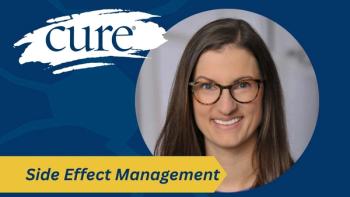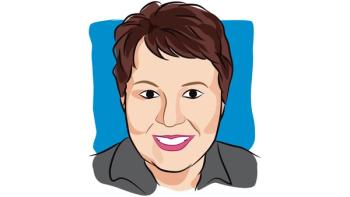
- Winter 2019
- Volume 7
- Issue 1
Acupuncture May Ease Cancer-Associated Symptoms
Hot flashes, fatigue and other symptoms related to cancer may be improved through acupunc­ture.
Hot flashes, fatigue and other symptoms related to cancer may be improved through acupunc­ture, according to study findings presented at the 2018 American Society of Clinical Oncology Palliative and Supportive Care in Oncology Symposium.
The study at the University of Texas MD Anderson Cancer Center in Houston included 375 people with cancer, most of whom were white (73.9 percent) and women (68.3 percent), with a median age of 55.6 years. Most had either breast or thoracic/head and neck cancer.
The patients, who received acu­puncture at an outpatient center, completed a modified Edmonton Symptom Assessment Scale before and after each visit. This version of the pain-assessment tool involved rating 16 symptoms from zero to 10 (no pain to the worst possible).
At the beginning, the participants reported that their worst symptoms included poor sleep, fatigue, well-being and pain. However, acupuncture was associated with immediate and longitudinal significant improve­ment across a range of cancer-related issues, including hot flashes, fatigue, numbness and tingling and nausea. For symptom change from initial treat­ment to first follow-up, statistically and clinically significant improve­ment was observed for spiritual pain, researchers noted. Spiritual pain is defined as a pain deep in a person’s soul (being) that is not physical. At follow-up, clinical response rates were highest for spiritual pain, dry mouth and nausea.
“Further research is needed to better understand frequency of treat­ments needed in clinical practice to help maintain benefit,” the researchers said.
Articles in this issue
almost 7 years ago
Immune-Boosting Foodsalmost 7 years ago
Humor Healsalmost 7 years ago
Tiki Barber: Get Busy Livingalmost 7 years ago
Make a Movealmost 7 years ago
Untire App Helps Curb Fatiguealmost 7 years ago
Young and (Cancer) Free


